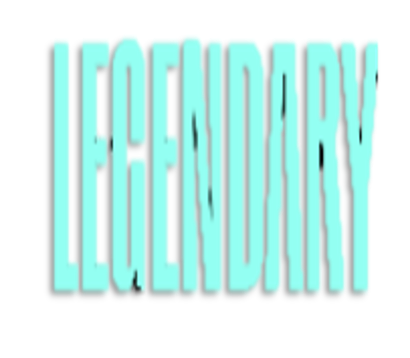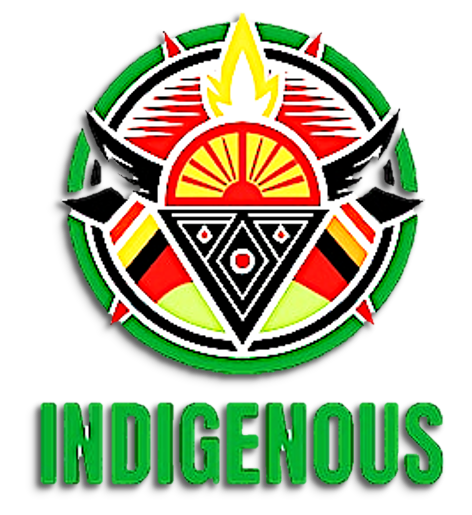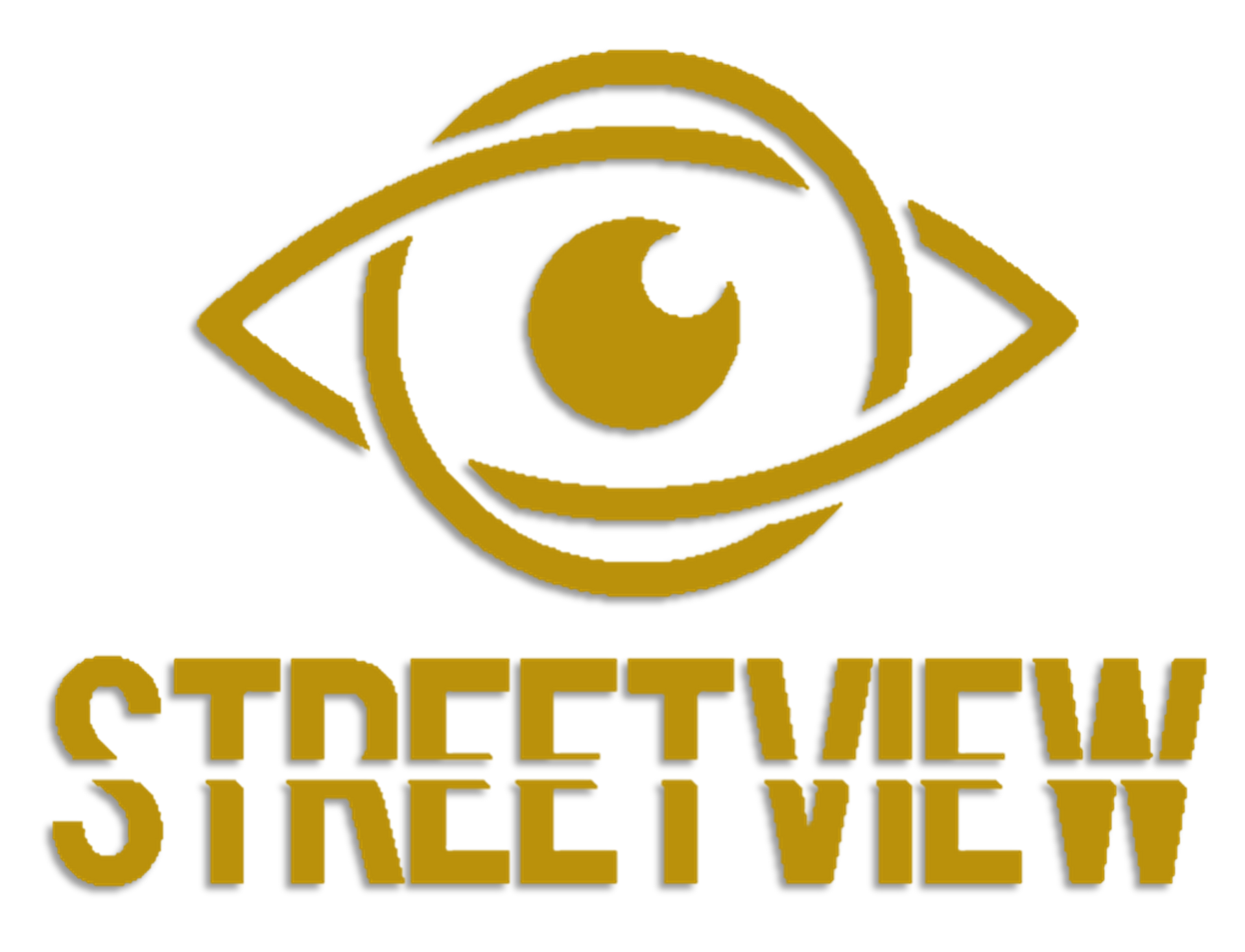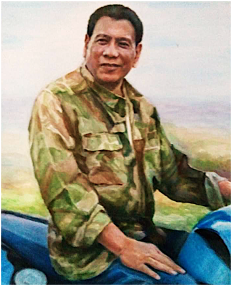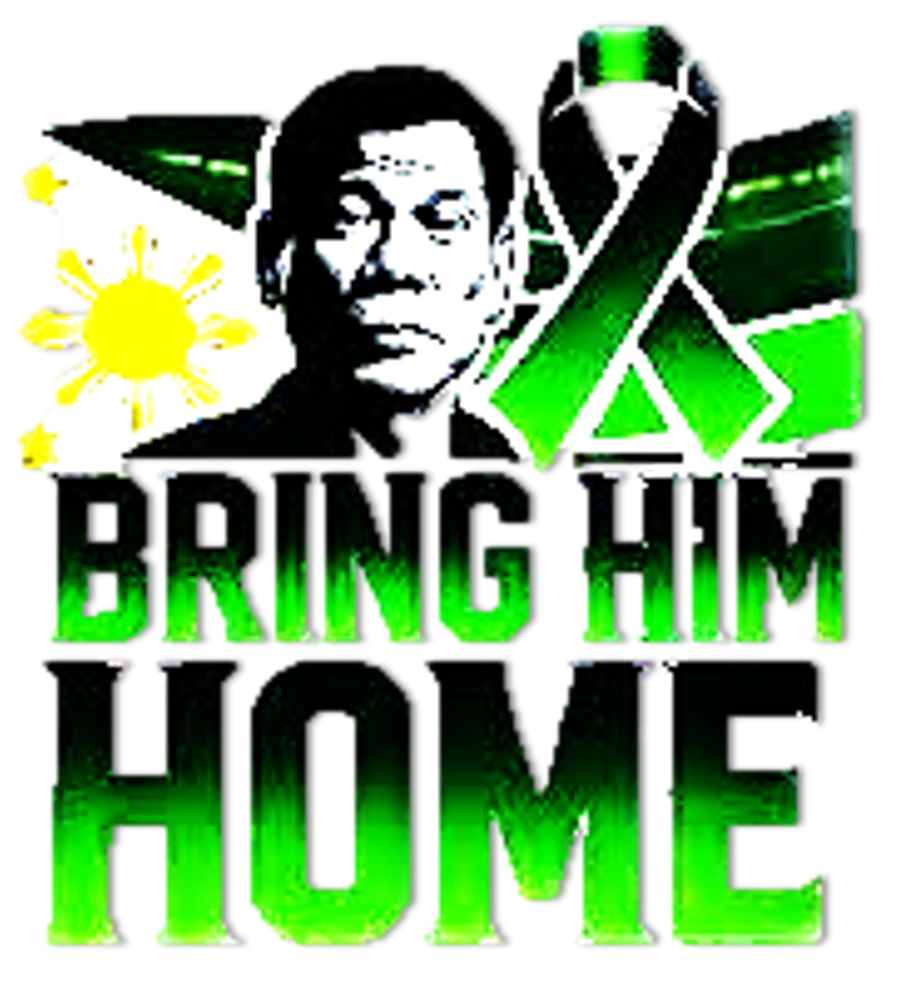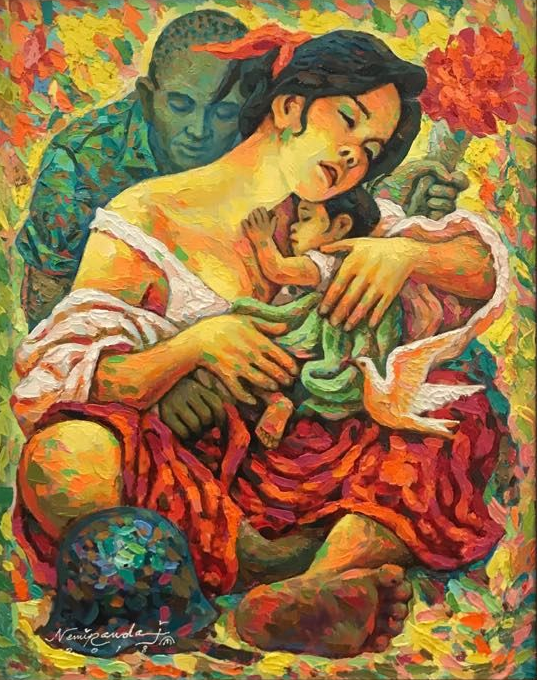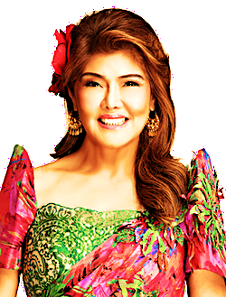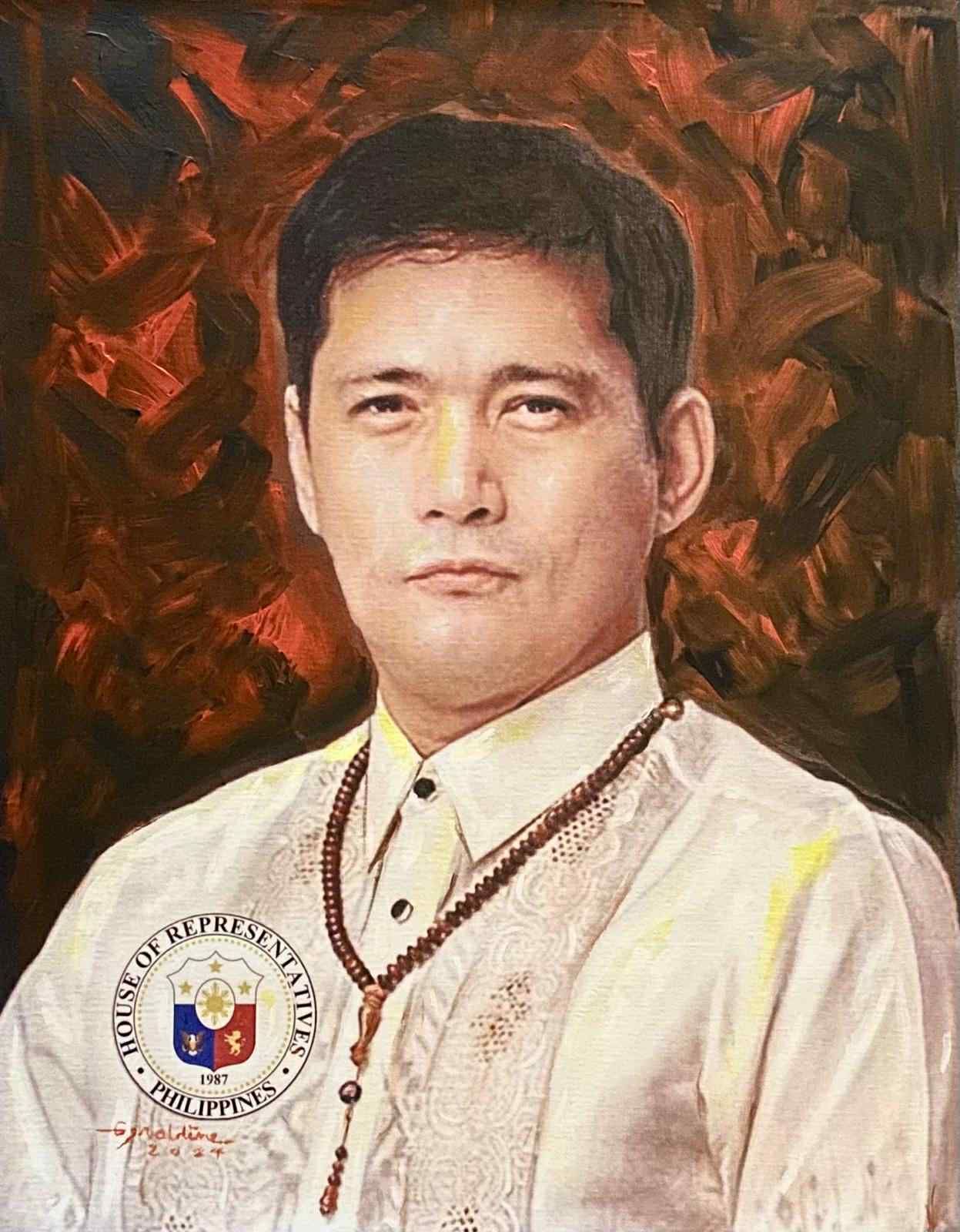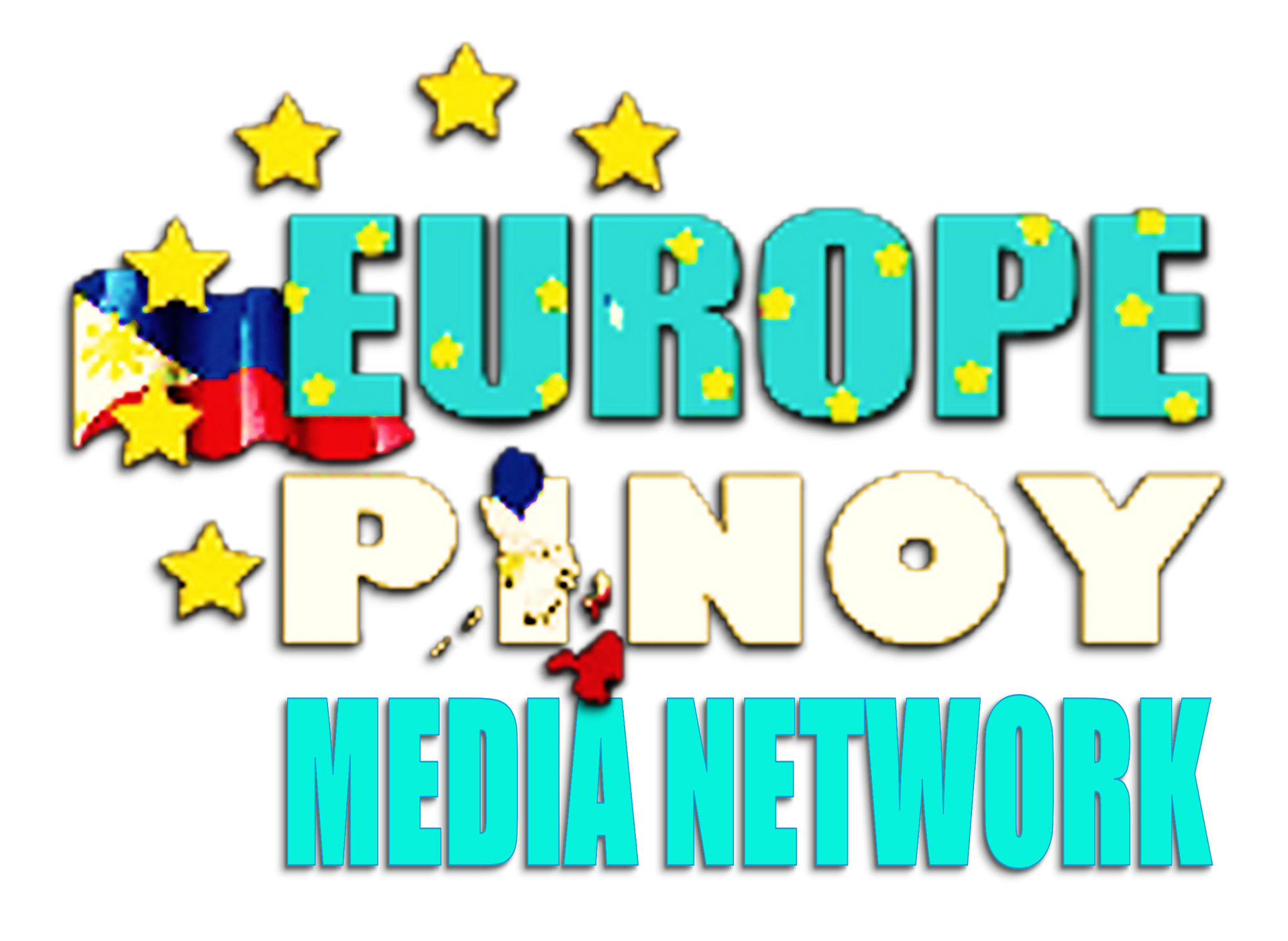Former President Rodrigo Roa Duterte KGCR was born on March 28, 1945 in Maasin, Leyte (now called Southern Leyte). He is a Filipino lawyer and politician who served as the 16th president of the Philippines from 2016 to 2022.
His father was Vicente Gonzales Duterte (1911–1968), a Cebuano lawyer, and his mother, Soledad Gonzales Roa (1916–2012), was a schoolteacher from Cabadbaran, Agusan and a civic leader. Duterte has four siblings: Eleanor, Jocelyn, Emmanuel and Benjamin.
He is currently and has served as the mayor of Davao City in the past. Beginning his term at age 71, Duterte is the first Philippine president from Mindanao, and is the oldest person to assume office. Duterte is the chairman of Partido Demokratiko Pilipino, the ruling party during his presidency. Duterte moved to Davao as a child where his father, Vicente Duterte, served as provincial governor.
In 1968, he graduated political science degree at the Lyceum of the Philippines University. In 1972, he had obtained a law degree from San Beda College of Law. He then worked as a lawyer and prosecutor for Davao City, before becoming vice mayor and, subsequently, mayor of the city in the wake of the 1986 People Power Revolution. For cver 22 years, Duterte won seven terms and served as mayor of Davao during which the once crime-ridden city became peaceful and investor-friendly.
Duterte's 2016 presidential campaign led to his election victory. During his presidency, his domestic policy focused on combating the illegal drug trade by initiating the controversial war on drugs, fighting crime and corruption, and intensified efforts against terrorism and communist insurgency.
He launched a massive infrastructure plan, initiated liberal economic reforms, streamlined government processes, and proposed a shift to a federal system of government which was ultimately unsuccessful. He also oversaw the controversial burial of Ferdinand Marcos, the 2017 Battle of Marawi, and the government's response to the COVID-19 pandemic.
During 2017, Duterte praised & particularly highlighting the efforts of the Armed Forces of the Philippines for their role in national security and disaster response, Battle of Marawi and in providing humanitarian assistance during natural calamities.
He declared the intention to pursue an "independent foreign policy", and strengthened relations with China and Russia. In 2022, he initially announced his candidacy for vice president in coming election; in October 2021, he said he was retiring from politics. The next month, he filed his candidacy for senator but withdrew it on December 14.
Duterte's political positions have been described as populist, as well as nationalist. His political success has been aided by his vocal support for the extrajudicial killing of drug users and criminals. His career has sparked numerous protests and attracted controversy, particularly over human rights issues and his controversial comments.
In 1998-2016, extrajudicial killings that were allegedly been scrutinized by the Davao Death over human-rights groups and the Office of the Ombudsman. The International Criminal Court opened a preliminary investigation into Duterte's drug war in 2018, prompting Duterte to withdraw the Philippines from that body in response in the investigation of the International Criminal Court (ICC) led to Duterte's arrest and transfer to The Hague on March 11, 2025, making him the first Philippine president to face an international tribunal and the first Asian leader to face a trial before the ICC.
In 2025, despite all of this, he was re-elected as the mayor of Davao City; as he remains in The Hague, his son Baste is serving in his place as the acting mayor.
Political career in Davao City
After the 1986 People Power Revolution that toppled the regime of President Ferdinand Marcos, Duterte was appointed officer-in-charge vice mayor of Davao City by President Corazon Aquino. In the 1988 local elections, he ran for mayor under Lakas ng Dabaw, a local political alliance, defeating former OIC Mayor Zafiro Respicio by a narrow margin of 6,000 votes.
As mayor of Davao City, Duterte made efforts to unite the different tribes and political groups in the city. He set a precedent by designating deputy mayors to represent the administrative districts, as well as the Lumad and Moro peoples in the city government; this was later copied by other cities in other parts of the Philippines.
In December 1990, Duterte joined the Nacionalista Party upon the persuasion of Senator Juan Ponce Enrile. In 1992, he successfully defended his seat from 1st district representative Prospero Nograles. In 1995, after Flor Contemplacion, a Filipina, was executed in Singapore after confessing to a double murder, Duterte allegedly burned a flag of Singapore (though this claim was later denied) and joined 1,000 employees of Davao City in protest.
In 2001, he was elected mayor of Davao for a fourth unconsecutive term, defeating his former ally, incumbent Mayor Benjamin de Guzman. He was re-elected in 2004, defeating de Guzman for the second time, and in 2007 with virtually no opposition. In 2003, Duterte formally laid out the scope of Davao City's Chinatown, the first Chinatown in Mindanao, along the newly renamed Magsaysay Street, while establishing the Davao City Chinatown Development Council to oversee the area's development.
Duterte was elected unopposed for his seventh term in 2013. In November of that year, Davao City sent rescue and medical teams to Tacloban to give aid to the victims of Typhoon Haiyan (locally known in the country as Typhoon Yolanda). Financial assistance was also given to Bohol and Cebu for earthquake victims.
In 2010, he was elected vice mayor, succeeding his daughter Sara, who was elected as mayor.
Law and order
We're the ninth-safest city. How do you think I did it? How did I reach that title among the world's safest cities?
Duterte speaks with Davao City residents in 2009. During Duterte's tenure as mayor, Davao City experienced economic boom and a significant decrease in crime from being a conflict-ridden area between communists and right-wing groups during the 1970s and 1980s, and is constantly rated as among the safest in the country. The city also ranks high in the world according to crowdsourced survey site Numbeo, a narrative that gained currency in the national media, creating a widespread public perception that has been a significant factor in establishing support for his nationwide drug policy. The city was also awarded "Most Child-Friendly City for Highly-Urbanized Category" in 1998, 1999, 2013 and 2014.
Under Duterte's watch, the city council imposed a prohibition on selling, serving, drinking, and consuming alcoholic beverages from 01:00 until 08:00 each morning. Duterte signed Executive Order No. 39, reducing the speed limits for all kinds of motor vehicles within the territorial jurisdiction of Davao City in the interest of public safety and order. Duterte also signed Executive Order No. 04 creating the implementing of rules and regulations for a new comprehensive anti-smoking ordinance. A firecracker ban was also implemented by the City Council through the support of Duterte. Davao acquired 10 ambulances for central 911 intended for medical emergencies and 42 mobile patrol vehicles and motorcycles for the Davao City Police Office. Duterte, through Executive Order No. 24, ordered all shopping malls and commercial centers to install, operate and maintain high end and high definition closed circuit television (CCTV) cameras at all entrance and exit points of their premises.
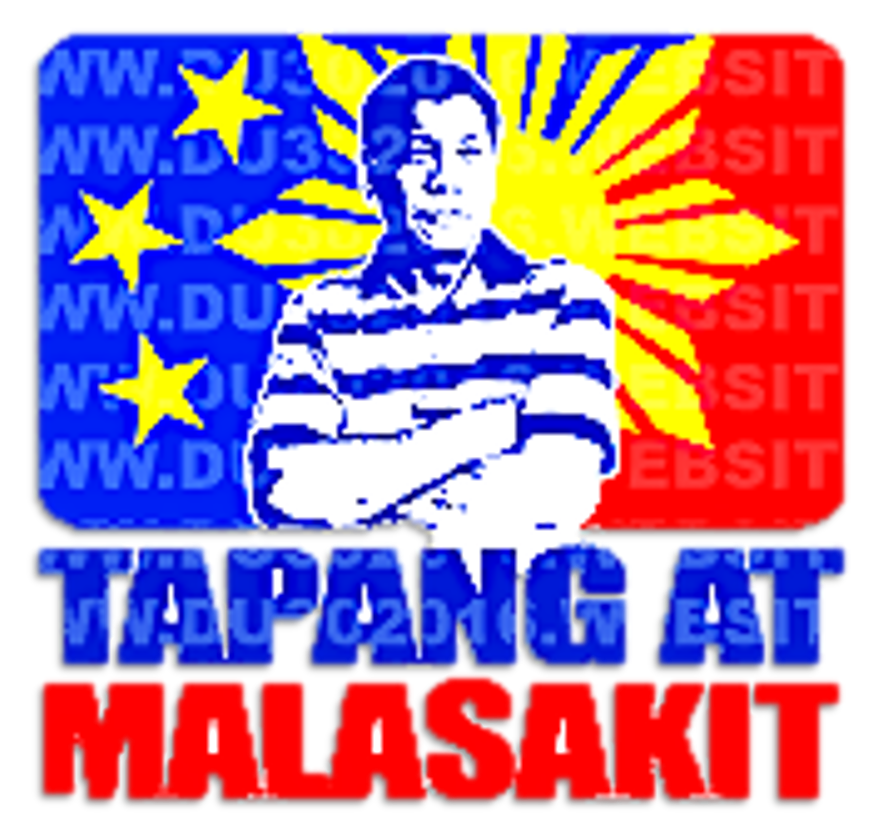

In November 2019-2020, The administration revised its list of Infrastructure Flagship Projects (IFPs) under the Build, Build, Build program from 75 to 112, expanding its scope to include health, information and communications technology, and water infrastructure projects to support the country's economic growth and recovery from the COVID-19 pandemic. Some major projects include the Subic-Clark Railway, the North–South Commuter Railway from New Clark City to Calamba, Laguna, the Metro Manila Subway, the expansion of Clark International Airport the Mindanao Railway (Tagum-Davao-Digos Segment), and the Luzon Spine Expressway NetworkBy April 2022, 12 IFPs have been completed by the administration, while 88 IFPs, which were on their "advanced stage", have been passed on to the succeeding administration for completion.
From June 2016 to July 2021, a total of 29,264 kilometers (18,184 mi) of roads, 5,950 bridges, 11,340 flood control projects, 222 evacuation centers, and 150,149 elementary and secondary classrooms, and 653 COVID-19 facilities under the Build, Build, Build program had been completed.
Duterte placed the Philippines' illegal drugs problem at the forefront of his presidential campaign, warning the Philippines was at risk of becoming a narco-state. Upon entering office, Duterte began a nationwide crackdown against illegal drugs. At the forefront of the campaign's operations was Oplan Tokhang, which involved policemen knocking on the doors of suspected drug users and inviting them to surrender.
Duterte's call prompted thousands to surrender, and observers noted this assurance may have emboldened the police to allegedly execute suspects and plant evidence on themResponding to public clamor, in October 2017, Duterte designated the Philippine Drug Enforcement Agency to lead anti-drug operations and temporarily barred the police from joining the raids. Through an executive order he issued in October 2018, Duterte instituted a more balanced approach to the drug problem by establishing the Philippine Anti-Illegal Drugs Strategy, which ordered all government departments and state universities and colleges to implement their own strategies in tackling the country's illegal drug trade; the order also urged local government units, non-government organizations, and private institutions to support and implement the Strategy.
Duterte campaigned to eliminate illegal drugs in the country within three to six months, but later acknowledged he miscalculated the severity of the problem as he based his approach to that of Davao City during his tenure as the city's mayor. Stating it would take him his entire term to eradicate it, he cited the difficulty in border control due to the country's fragmented geography and lamented that several government officials and law enforcers were involved in drug trafficking.
Before leaving office, he implored president-elect Bongbong Marcos to continue tackling the illegal drug problem, but declined an appointment offer as Marcos' drug czar, expressing a desire to retire.
The Duterte's anti-drugs campaign was misconcepted which has stained on his legacy, instead of looking at it as an act of cleaning the country to succeed for a “ZERO drug” free country which is actually a "War Aginst Drugs."
Federalism advocacy
In September 2014, Duterte and former mayors and governors, calling themselves the Mindanao Council of Leaders, advocated for a federalist government. However, leading to October, Duterte repeatedly declined his supporters' clamors for him to run as president because of what he described as a "flawed government system", as well as lack of funds and opposition from his family members—notably, from his daughter VP Sara. Additionally, Duterte said he will retire from politics after his mayorship ends, but only if Sara runs as mayor.
PDP-Laban standard bearer Martin Diño unexpectedly withdrew his candidacy on October 29 and named Duterte as his substitute. A month later, Duterte formally announced his presidential bid and accepted Alan Peter Cayetano's offer to be his running mate; Duterte also named Sara as his substitute for Mayor of Davao City.
Election to the presidency
On May 30, 2016, the 16th Congress of the Philippines proclaimed Duterte as the president-elect of the Philippines. Duterte's election victory was attributed to growing public dissatisfaction on the perceived failures of administrations that followed the 1986 EDSA Revolution. It was also aided by a strong social media and grassroots fanbase and the endorsement of the influential Iglesia ni Cristo, known for its block-voting. While Camarines Sur representative Leni Robredo on the other hand, was proclaimed as the vice president-elect of the Philippines.
Presidency (2016–2022)
Duterte was inaugurated as the sixteenth president of the Philippines on June 30, 2016, succeeding Benigno Aquino III. At age 71, Duterte became the oldest person elected to the presidency, the first local chief executive to get elected straight to the Office of the President, the second Cebuano president (after Sergio Osmeña), and the first Visayan president from Mindanao.
During his first 100 days in office, Duterte issued an executive order on freedom of information, launched an intensified campaign against illegal drugs, sought to resume peace talks with communist insurgents, formulated a comprehensive tax reform plan, led efforts to pass the Bangsamoro Basic Law, made efforts to streamline government transactions, launched the nationwide 9–1–1 rescue and 8888 complaint hotlines, established a one-stop service center for overseas Filipino workers, and increased in the combat and incentive pay of soldiers and police personnel.
Duterte adjusted to working and residing at the Malacañang Palace by dividing his workweek between Manila and Davao City, spending three days in each city and utilizing the Malacañang of the South while in Davao.
Domestic policy : Economic policy/Infrastructure development
Main article: Build! Build! Build!
The Athletics Stadium of the New Clark City sports complex, completed on October 12, 2019, 50 days before the opening of the 2019 Southeast Asian Games.
To reduce poverty, encourage economic growth, and reduce congestion in Metro Manila, the Duterte administration launched its comprehensive infrastructure program, Build, Build, Build, on April 18, 2017.

